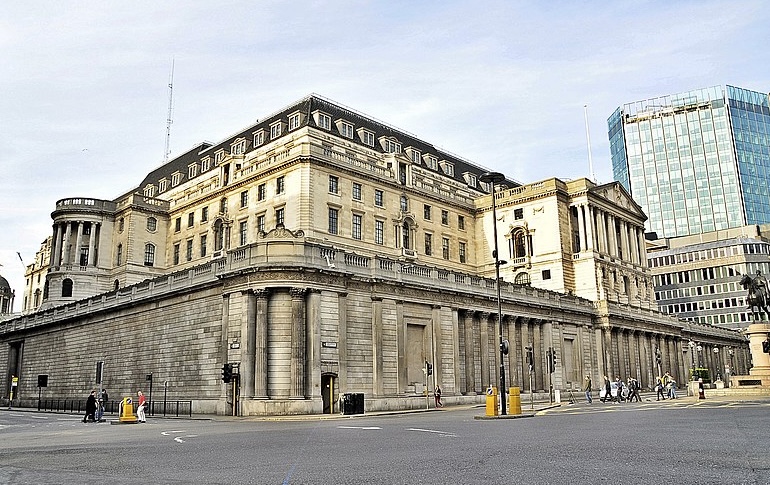Bank of England hikes interest rates to 3% as it continues to battle soaring inflation

The Bank of England (BoE) has hiked interest rates to 3% from 2.25%, the single biggest increase since 1989.
It is also the eighth time in a row that the Bank hikes interest rates. Less than a year ago the rate was 0.1%.
The rise will make it more challenging for first-time house buyers who are stretching themselves financially to get on the housing ladder.
The Bank of England’s Monetary Policy Committee (MPC) sets monetary policy to meet the 2% inflation target, and in a way that helps to sustain growth and employment.
At its meeting ending on 2 November 2022, the MPC voted by a majority of 7–2 to increase Bank Rate by 0.75 percentage points, to 3%.
The UK economy is expected to remain in recession throughout 2023 and 2024, the BoE said.
BoE said: “Inflation is too high. It is well above our 2% target.”
“High energy, food and other bills are hitting people hard.”
“If high inflation continues, it will hurt everybody. Low and stable inflation helps people plan for the future.”
“Raising interest rates is the best way we have to bring inflation down.”
“We know that many people are facing higher borrowing costs. In particular, many households face higher mortgage rates. And some businesses face higher loan rates.”
“It’s our job to make sure that inflation returns to our 2% target.”
“This month we have raised our interest rate to 3%.”
“In total, since December 2021, we have increased our interest rate from 0.1% to 3%.”
“What will happen to interest rates will depend on what happens in the economy.”
“At the moment, we expect inflation to fall sharply from the middle of next year.”
Commenting on the rate rise, a Rightmove spokesperson said: “Compared to the volatility of a few weeks ago, mortgage rates have now started to stabilise and fall.”
“As today’s rise was expected, we don’t think we’ll see any significant changes to new fixed rate deals based solely on today’s interest rate rise.”
“Mortgage payments will be much more manageable for those first-time buyers who have been lucky enough to save up a bigger deposit of 25%, as they may find that monthly mortgage payments on a typical first-time buyer home are lower than their current monthly rental payments.”
“It’s important to look beyond the headline numbers, because, while “like-for-like” mortgage costs have been increasing, mortgage brokers and lenders will be able to help people assess the different options available to manage their costs and see if they can afford to move.”
Spotted something? Got a story? Email: [email protected]
Latest News
